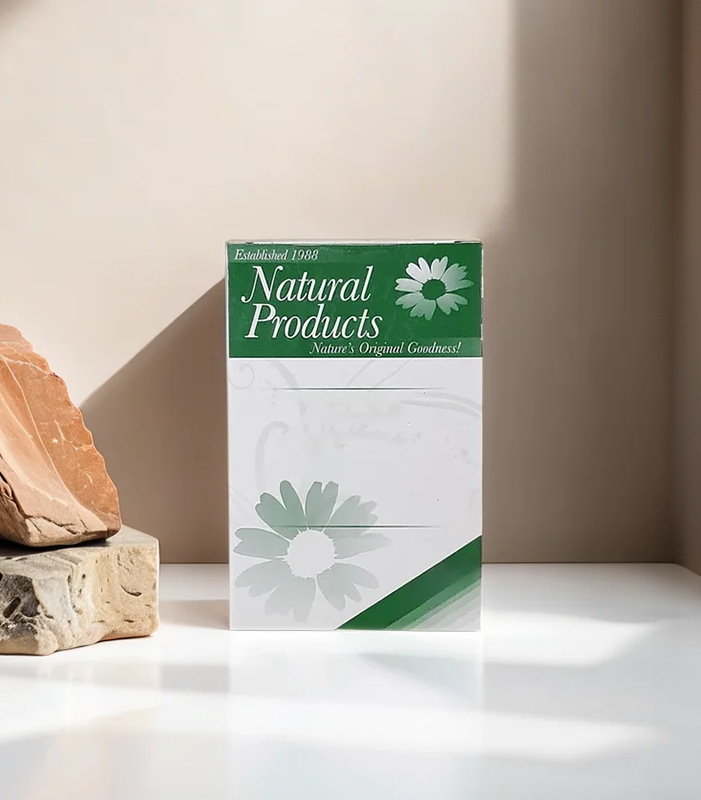Understanding Stevia Leaves:
Stevia Leaves come from the Stevia rebaudiana plant, a small shrub native to Paraguay and Brazil but now cultivated worldwide. The leaves of this plant are notable for their sweet compounds, stevioside and rebaudioside, which have revolutionized the sweetener industry as a natural, calorie-free alternative to sugar.
Properties and Benefits:
- **Zero-Calorie Sweetener**: Stevia leaves offer a way to sweeten food and drinks without adding calories, making it ideal for weight management and diabetes control.
- **Blood Sugar Management**: Unlike traditional sugar, stevia does not cause spikes in blood glucose levels, providing a stable energy source for individuals with diabetes or those watching their sugar intake.
- **Dental Health**: Stevia does not contribute to tooth decay, as it does not feed the bacteria in the mouth that cause cavities and dental plaque.
- **Antioxidant Properties**: The leaves contain various antioxidant compounds, including kaempferol and quercetin, which help protect the body against oxidative stress and may reduce the risk of chronic disease.
Application and Usage:
- **Dietary Supplements**: Often found in powder or liquid extract form, stevia is used as a sweetener in dietary supplements.
- **Food and Beverage**: Stevia is widely used in the food industry to sweeten products such as soft drinks, juices, teas, sauces, and desserts.
- **Home Cooking and Baking**: Home cooks use stevia as a sugar substitute in recipes, especially for making low-calorie and diabetic-friendly dishes.
- **Herbal Teas**: Dried stevia leaves can be steeped along with other herbs to create naturally sweetened herbal teas.
Conclusion:
Stevia Leaves are a versatile and beneficial addition to both the culinary world and personal health regimes. Offering sweetness without the drawbacks of sugar, stevia allows for a variety of uses while supporting a healthy lifestyle.

